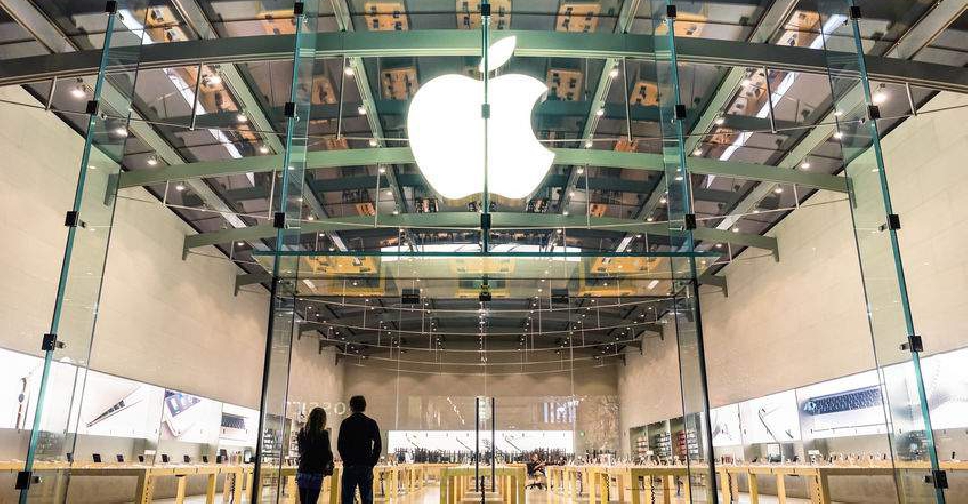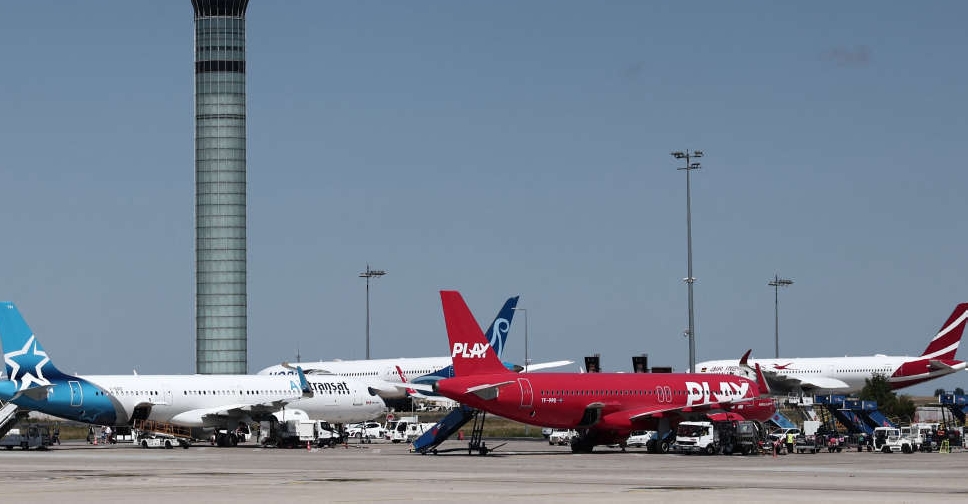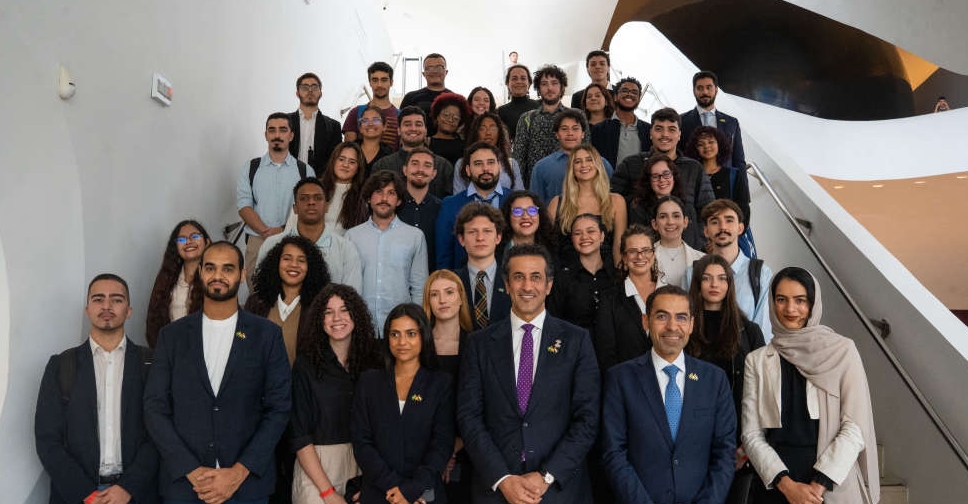
Apple users are set to receive a $65 payout in the aftermath of a 2018 class action lawsuit, which asserted that the firm deliberately decelerated iPhones to encourage customers to upgrade to newer models.
The technology giant concurred to disburse up to $500 million to settle the litigation in March 2020. However, two iPhone proprietors lodged an appeal challenging specific terms of the settlement.
According to court documents, the appeal reached the 9th Circuit Court of Appeals but was subsequently dismissed.
This decision served as the conclusive hurdle in a five-year legal battle, during which nearly three million claims emerged since the filing of the class action lawsuit in 2018. In 2017, Apple acknowledged its practice of slowing down the iOS software on older iPhones, contending that the updates were intended to prevent older batteries from shutting down devices at irregular intervals. The company, however, asserted that the alterations were not aimed at coercing consumers into purchasing new batteries or upgrading to newer iPhone models.
A press release from Cotchett, Pitre & McCarthy, LLP, the law firm representing iPhone claimants, revealed that the 9th Circuit had invalidated Apple's attempt to dismiss the case, thereby enabling the legal proceedings to advance. The claims covered violations of the federal Computer Fraud and Abuse Act, California's Computer Data Access and Fraud Act, California's Unfair Competition Law, and Trespass to Chattels.
In a 2019 court submission, Apple argued that lithium-ion batteries degrade over time, leading to decreased efficiency. The company, however, did not apprise users about the iOS updates that allegedly contributed to the sluggish performance of phones. Public awareness about this issue was raised when customers reported that their iPhones would unexpectedly shut down, even when displaying 30 per cent battery life remaining.
Mark C. Molumphy, a partner at Cotchett, Pitre & McCarthy, LLP, stated, "The settlement represents the culmination of years of intensive investigation and contentious legal proceedings.
"We take great pride in the approval of this agreement, and following the directive from the Ninth Circuit, we can now promptly distribute immediate cash payments to Apple customers affected by this matter."
Though Apple has consistently refuted any wrongdoing in this case, it acceded to a payout ranging from $310 million to $500 million for the claimants. The quantum of compensation for each participant in the class action lawsuit was determined based on the number of approved claims. Several claims are still pending evaluation.
The impacted iPhone models encompassed the iPhone 6, 6Plus, 6s Plus, and SE, all operating on iOS 10.2.1 systems preceding December 21, 2017. Similarly, the iPhone 7 and 7 Plus, using iOS 11.2 or later iterations, were also affected before the same date.


 OPEC+ speeds up oil output hikes, adds 548,000 bpd in August
OPEC+ speeds up oil output hikes, adds 548,000 bpd in August
 UAE emerges as global base for digital nomads
UAE emerges as global base for digital nomads
 French air traffic controllers' walkout disrupts early summer travel
French air traffic controllers' walkout disrupts early summer travel
 Non-oil sector fuels 3.4% GDP growth in Abu Dhabi
Non-oil sector fuels 3.4% GDP growth in Abu Dhabi
 Dubai launches initiative to assist first-time home buyers
Dubai launches initiative to assist first-time home buyers




